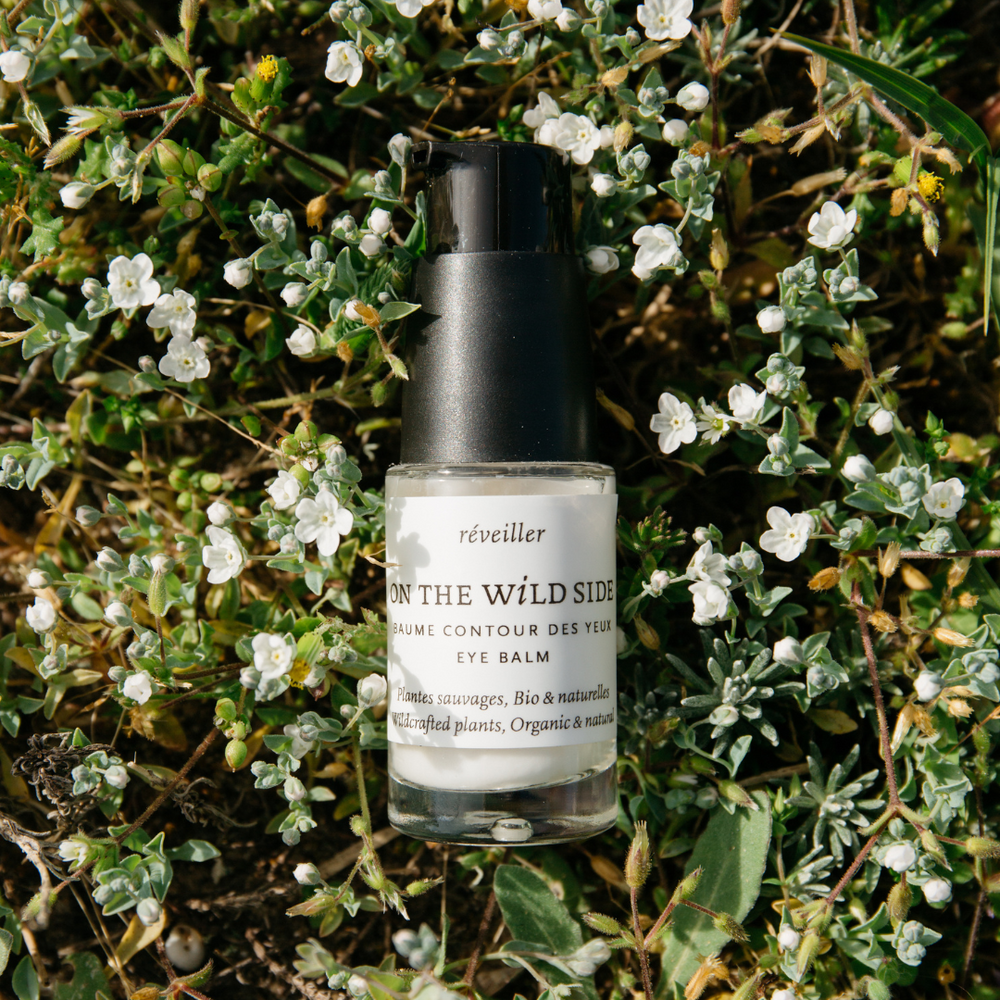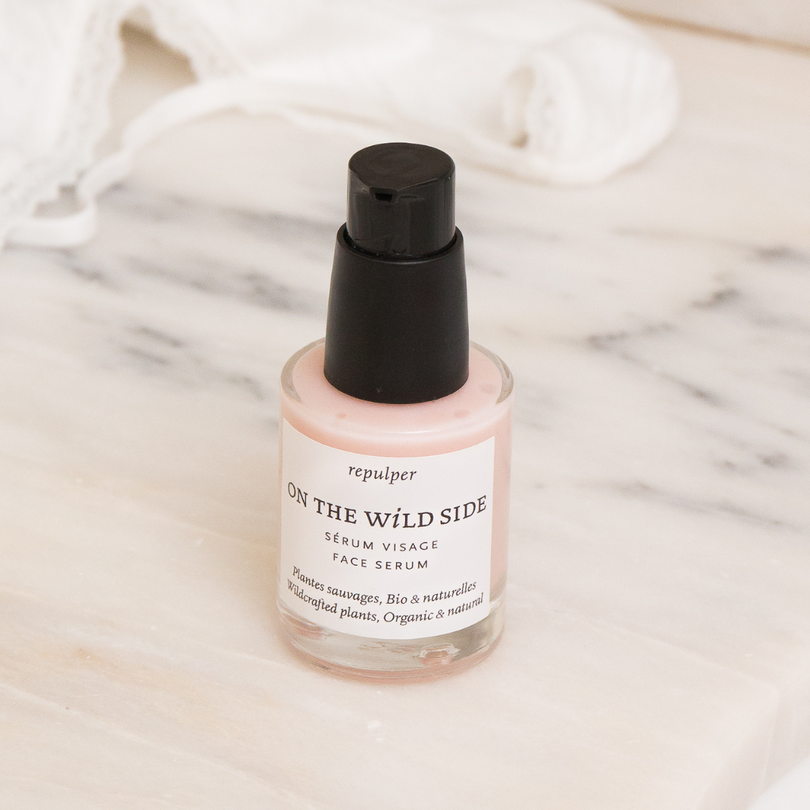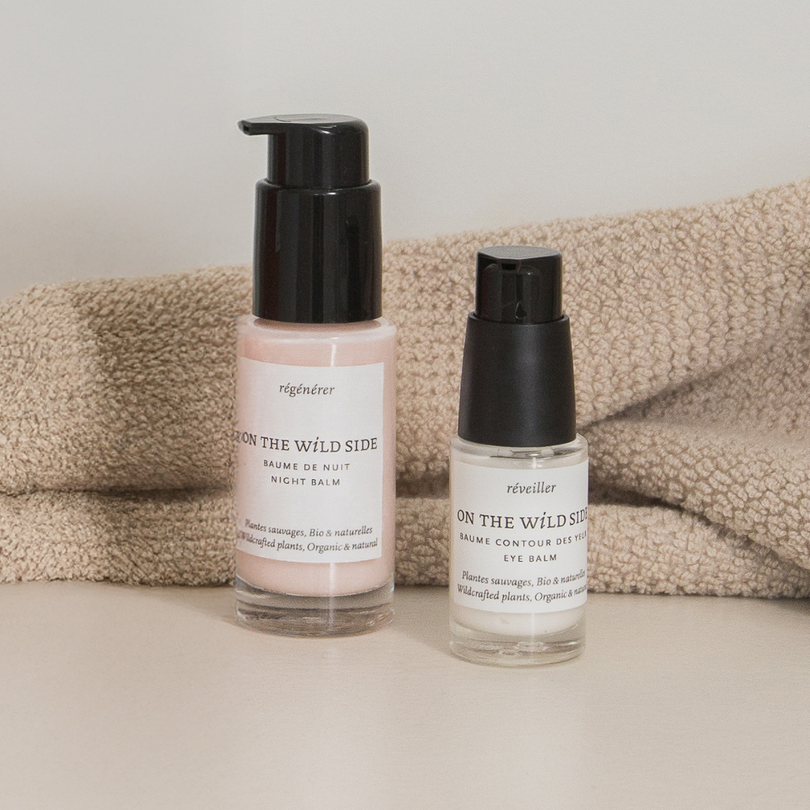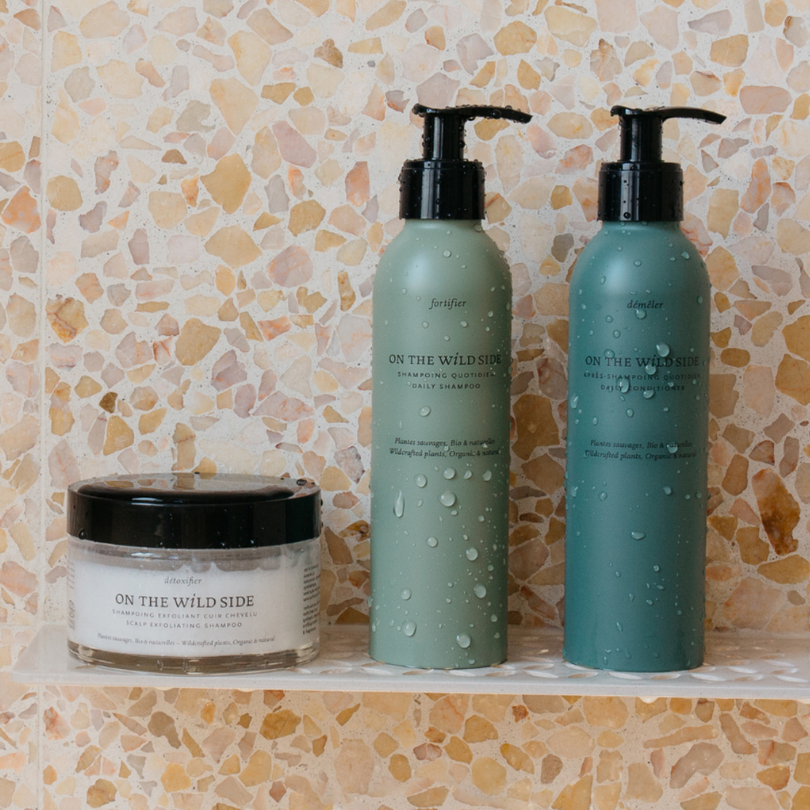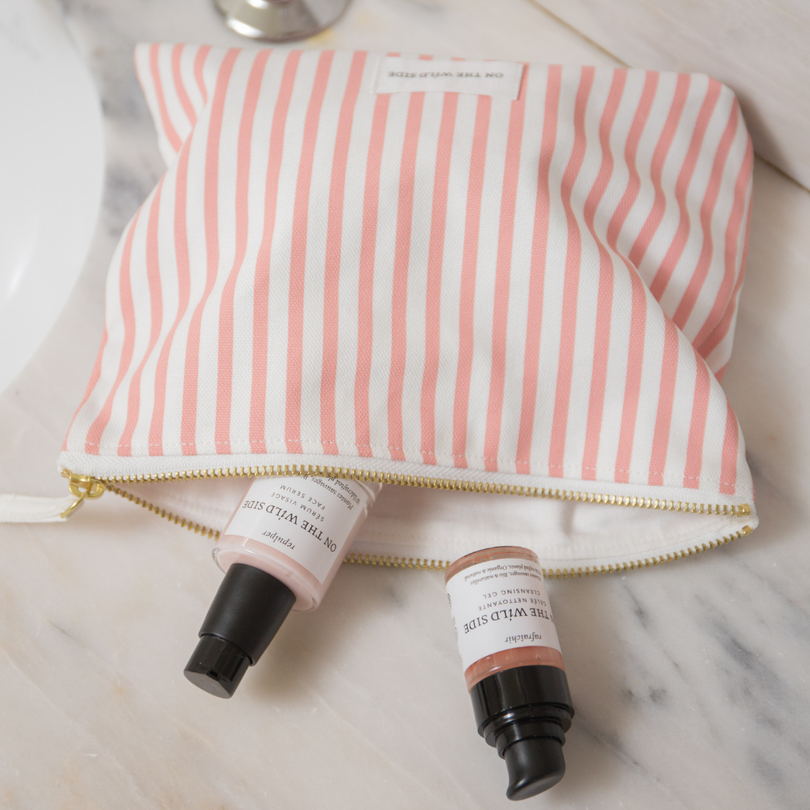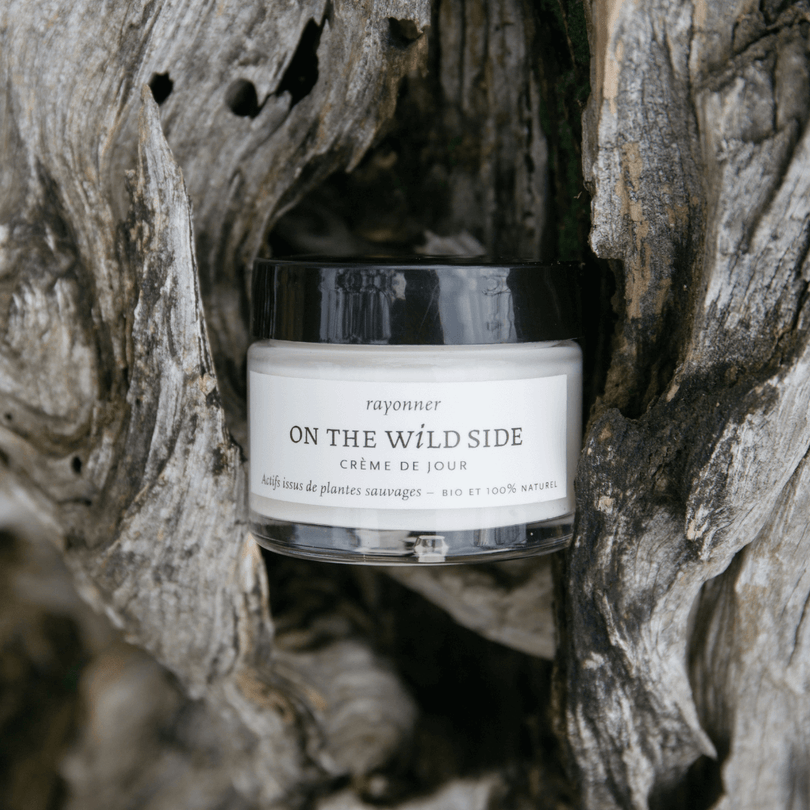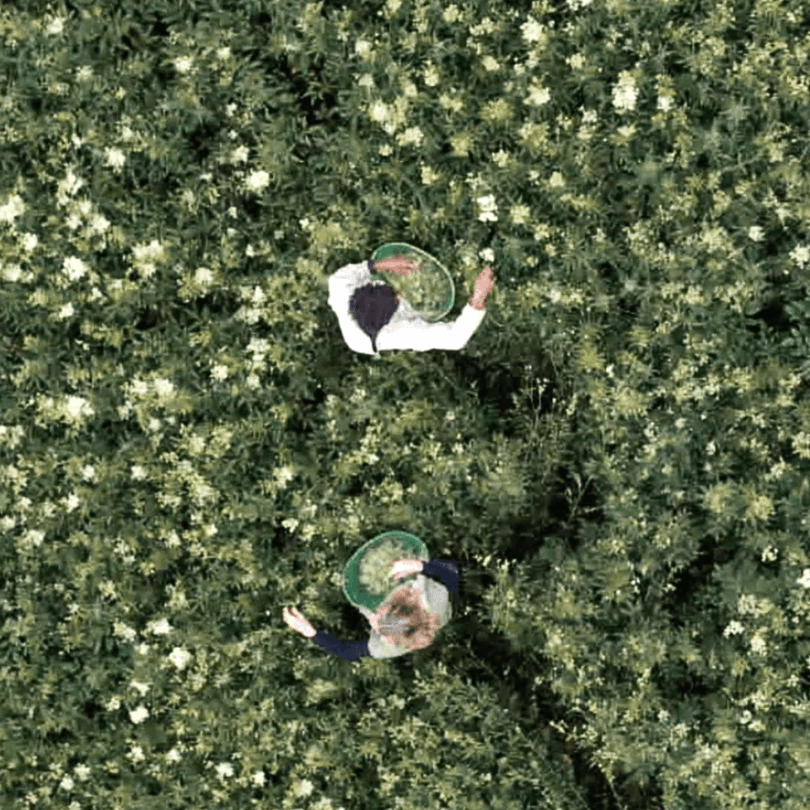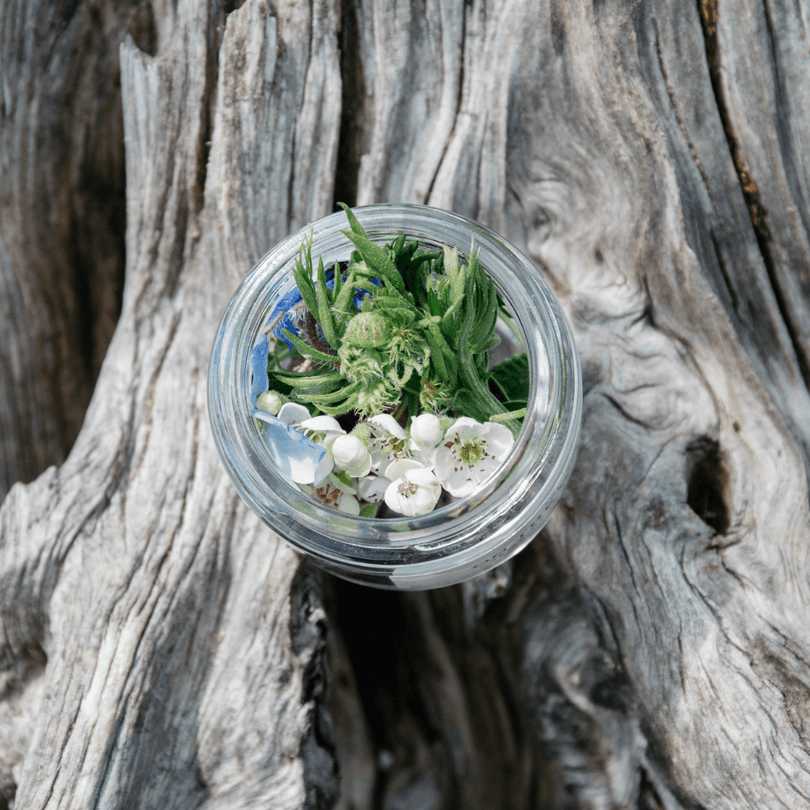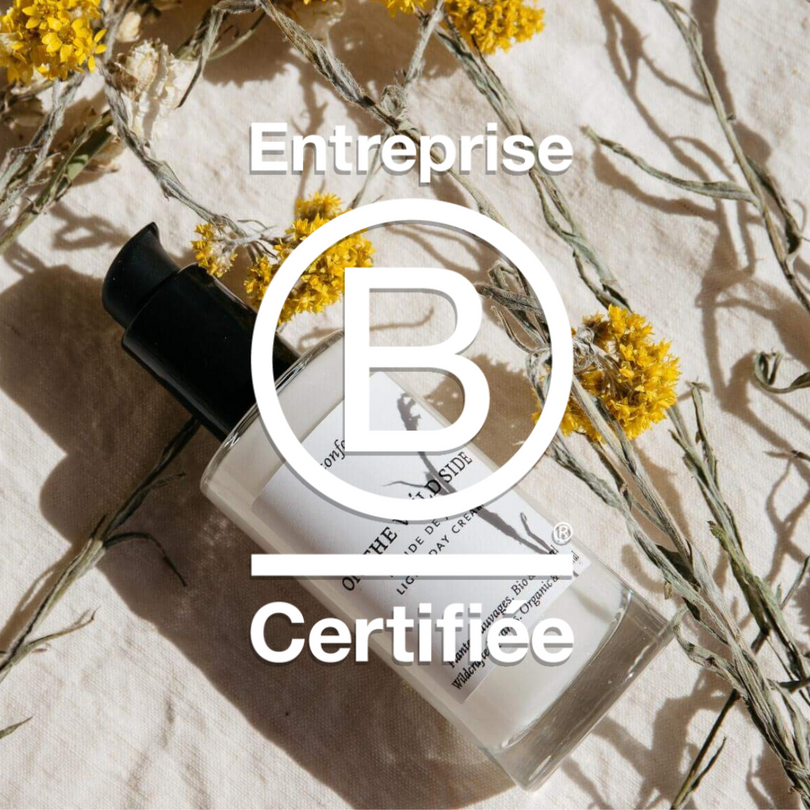A week ago we were lucky enough to be able to organize a LIVE on our Instagram with Jennifer Hart-Smith, naturopath and pastry chef @tookies .
A great nature lover and plant expert, she explained to us how to use wild plants to boost our immunity and shared with us her recipe for a homemade oxymel with multiple health benefits.
We invite you to relive this superb exchange in writing.

The benefits of wild plants
Plants have always been used for their benefits on the body. Long before they could demonstrate their benefits, the ancients had a poetic and energetic approach to plants. They worked by "similarity," analyzing the appearance of plants. Lungwort, for example, is reminiscent of lungs with its white spots. It will thin secretions and work on the pulmonary sphere.
Each wild plant has different benefits for the body. They contain different active ingredients that can act on different parts of the body. We will use them according to their benefits and our needs. Nettle, for example, acts against the pain of arthritis and rheumatism . Birch leaves, on the other hand, are rich in flavonoids, vitamin C and betulic acid. They are notably found to have diuretic properties.
Homemade Oxymel Recipe
The preparation of oxymel based on cider and honey is very creative since it is infinitely adaptable. The active ingredients can be extracted and preserved. It is an everyday elixir that is widely used as a preventative. It has very powerful antiseptic properties, particularly against respiratory ailments. It will not cure but will support certain ailments. It nourishes and contributes to a healthy diet.
The idea is to be creative, to put things that we like, that make us feel good.
For this recipe, you will need:
- 1L of cider vinegar (unpasteurized if possible)
- 300g of honey: do not give it to children under one year old, and do not heat it as it loses its properties
- 3 cloves of garlic
- A glass jar or 1 jar with a rubber, or 1 jam jar (cut a piece of baking paper, put it between the jar and the lid to prevent the vinegar from coming into direct contact with the jar)
- Herbs, depending on what you can find or have on hand: rosemary, oregano, thyme, lemon zest, mint, cloves.
- If you want and can go further (optional): Monarda didyma, pulmonaria officinalis, dioecious nettle from the garden.
First, you must sterilize your jar by placing it under boiling water for a few minutes.
Then pour the cider vinegar and 300g of honey into the vinegar.
It’s a real meditative moment: take the time to pour it in several times
Next, you need to cold macerate: add the garlic and all the active ingredients directly into the mixture. 1 clove cut in half and remove the germ. Garlic is not necessary if you can't digest it; you can replace it with other herbs.
To boost your immunity, Jennifer recommends: Cloves, Oregano, Sage, Rosemary, Bay leaf, Thyme, Cinnamon, and for winter: Chili, pepper, ginger, turmeric.
Once the herbs are added, close the jar and mix gently by shaking it gently.
It is left to marinate for 2 weeks at room temperature for culinary preparation. It is a slow maceration, following nature's rhythm.
We filter, we recover the oxymel of vinegar and honey and we throw away the aromatics.
Then we keep it in the fridge, forever in a glass bottle.
Some recipes in which to use this preparation…
- Raw vegetables (white cabbage, beetroot, etc.) + vinegar to spice things up
- In ice creams, sorbets to enhance
- Cooked, grilled fish
- To replace rice vinegar
- In the seasoning
- To deglaze
Thank you again so much to Jennifer for offering us this LIVE and for sharing her passion and expertise with us. We invite you to discover her world on her Instagram and her website .
